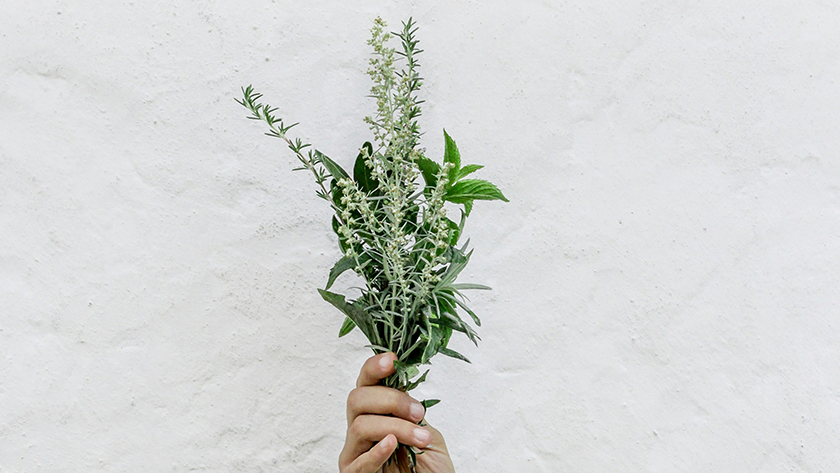
The Dangers of Using Home Remedies Against Nail Fungus
Nail fungus, medically known as onychomycosis, is a common but stubborn condition that can affect both toenails and fingernails. It often begins as a white or yellow spot under the tip of your nail and, if left untreated, can cause your nail to discolor, thicken, and crumble. While the internet is rife with home remedies promising quick fixes for nail fungus, it's crucial to understand the potential dangers and limitations of these DIY treatments.
Understanding Nail Fungus
Nail fungus is a fungal infection that enters through cracks in your nail or cuts in your skin. It can make your nails change color, thicken, and potentially cause discomfort or pain. The condition can be persistent, and while it may not pose serious health risks for most people, it can be particularly problematic for individuals with diabetes or a weakened immune system.
Common Home Remedies for Nail Fungus
Some popular home remedies include:
- Tea Tree Oil: Known for its antifungal properties.
- Vicks VapoRub: Contains ingredients like camphor and eucalyptus oil that some believe can combat fungal infections.
- Apple Cider Vinegar: Claimed to balance pH levels and inhibit fungal growth.
- Baking Soda: Suggested to absorb moisture and create an inhospitable environment for fungus.
- Garlic: Contains antifungal compounds like allicin.
The Risks of Home Remedies
While these remedies might seem harmless and convenient, they come with several risks and potential dangers:
-
Lack of Scientific Evidence: Most home remedies lack rigorous scientific testing to prove their effectiveness against nail fungus. Anecdotal success stories are not a substitute for clinical evidence.
-
Delayed Treatment: Relying on ineffective home remedies can delay proper medical treatment, allowing the fungus to worsen. This can lead to more severe symptoms and complications.
-
Skin Irritation and Allergic Reactions: Natural does not always mean safe. Essential oils and other natural substances can cause skin irritation, allergic reactions, or chemical burns, especially if used incorrectly.
-
Incomplete Treatment: Home remedies may not penetrate the nail bed deeply enough to eradicate the fungus completely, leading to recurring infections.
-
Risk of Spreading: Improper treatment can increase the risk of spreading the infection to other nails or even other parts of the body.
Preventing Nail Fungus
Preventing nail fungus is as important as treating it. Here are some tips to keep your nails healthy:
- Maintain Good Hygiene: Keep your nails clean and dry.
- Trim Nails Properly: Cut your nails straight across and file down thickened areas.
- Wear Breathable Footwear: Avoid tight shoes and opt for breathable materials.
- Use Antifungal Sprays: Apply antifungal spray or powder to your feet and shoes.
- Avoid Going Barefoot in Public Places: Wear shower shoes in communal showers and locker rooms.
Conclusion
While the allure of home remedies for nail fungus is understandable, their effectiveness is often questionable, and they can come with significant risks. It's crucial to approach nail fungus treatment with proven medical solutions to ensure the infection is fully eradicated and to prevent further complications. Always consult with a healthcare professional before starting any treatment to get the best care for your nails. Remember, your health and well-being should always come first.










